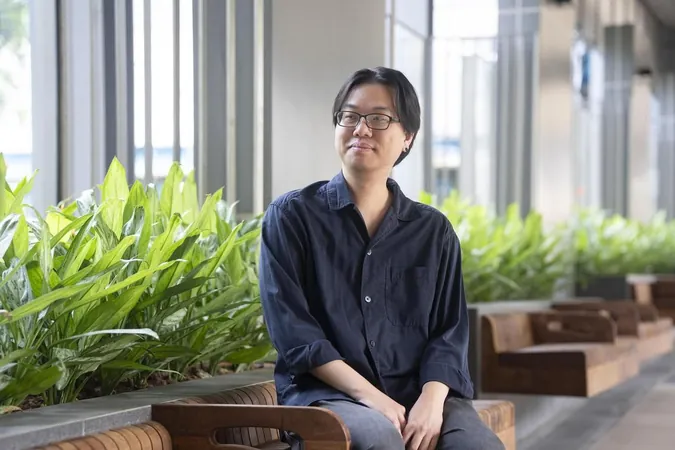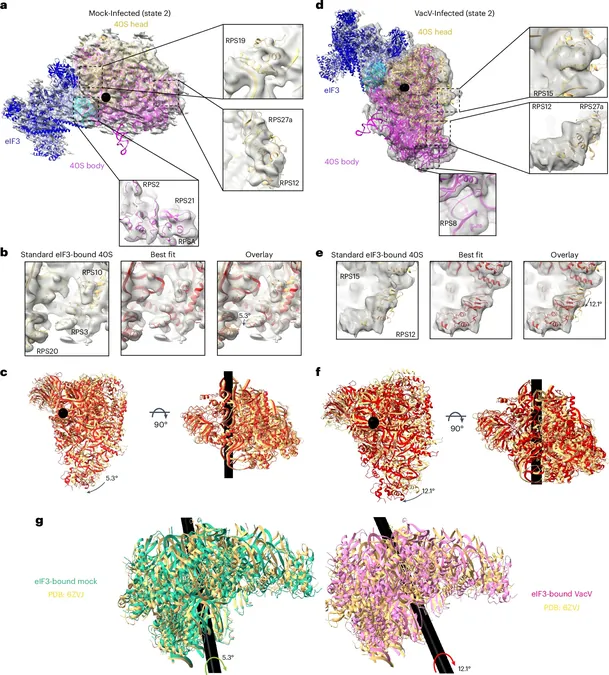
A Clarinet Player's Struggle: How Pompe Disease Changed Everything
2025-05-10
Author: Li
In Singapore, 36-year-old Mr. Yeo Wee Chong was living his dream as a bass clarinetist in a concert band — until everything changed.
At just 29, Mr. Yeo received a life-altering diagnosis: Pompe disease, a rare genetic disorder that can lead to respiratory failure due to the progressive weakening of respiratory muscles, particularly the diaphragm.
"I felt extremely drowsy and couldn’t focus right. My doctor advised me to go to the emergency room, and I soon landed in the ICU, intubated while doctors tried to figure out what was wrong with me," he recalled, emphasizing the confusion and fear surrounding his condition.
After several weeks of tests, medical professionals confirmed the diagnosis. Dr. Yong Ming Hui from the National Neuroscience Institute explained that Pompe disease arises from a deficiency in the acid alpha-glucosidase (GAA) enzyme, which is vital for breaking down glycogen. Without it, glycogen builds up in muscles and organs, causing weakness and impaired function.
For Mr. Yeo, the news that he could no longer play his beloved bass clarinet felt like a personal loss. "That was a big part of my social life and identity," he said, reflecting on how music had always been integral to who he was.
Pompe disease has varied incidence rates, reportedly affecting one in 40,000, with some estimates in Asia suggesting it could be as frequent as one in 17,000.
Infant onset of this disease is often brutal, with symptoms manifesting in the first few months of life and leading to severe complications. In contrast, adult symptoms may not appear until much later, often in the 60s, and progress gradually.
While Mr. Yeo’s form of the disease is less severe, he faces ongoing challenges including difficulty walking, fatigue, and shortness of breath. Although he hasn’t developed heart or liver issues like some patients, monitoring his condition remains crucial.
To confirm the diagnosis, tests such as dried blood spot analysis or electromyography are performed. Mr. Yeo's treatment regimen now includes bi-weekly enzyme replacement therapy, a costly necessity amounting to $55,000 a month.
"The financial burden was overwhelming, but thankfully, the Rare Disease Fund has significantly eased my expenses, allowing me to focus on my health and quality of life," he shared gratefully.
Receiving support from the Rare Disease Fund has not only been financially relieving but also a significant source of encouragement for Mr. Yeo.
Despite the ongoing challenges of living with Pompe disease, there’s a silver lining: Mr. Yeo has started to regain his strength and even performed with his band again in 2023, bringing joy back into his life post-diagnosis.
Mr. Yeo’s story highlights the resilience of the human spirit in the face of rare diseases, showing that hope can thrive even amid adversity.




 Brasil (PT)
Brasil (PT)
 Canada (EN)
Canada (EN)
 Chile (ES)
Chile (ES)
 Česko (CS)
Česko (CS)
 대한민국 (KO)
대한민국 (KO)
 España (ES)
España (ES)
 France (FR)
France (FR)
 Hong Kong (EN)
Hong Kong (EN)
 Italia (IT)
Italia (IT)
 日本 (JA)
日本 (JA)
 Magyarország (HU)
Magyarország (HU)
 Norge (NO)
Norge (NO)
 Polska (PL)
Polska (PL)
 Schweiz (DE)
Schweiz (DE)
 Singapore (EN)
Singapore (EN)
 Sverige (SV)
Sverige (SV)
 Suomi (FI)
Suomi (FI)
 Türkiye (TR)
Türkiye (TR)
 الإمارات العربية المتحدة (AR)
الإمارات العربية المتحدة (AR)